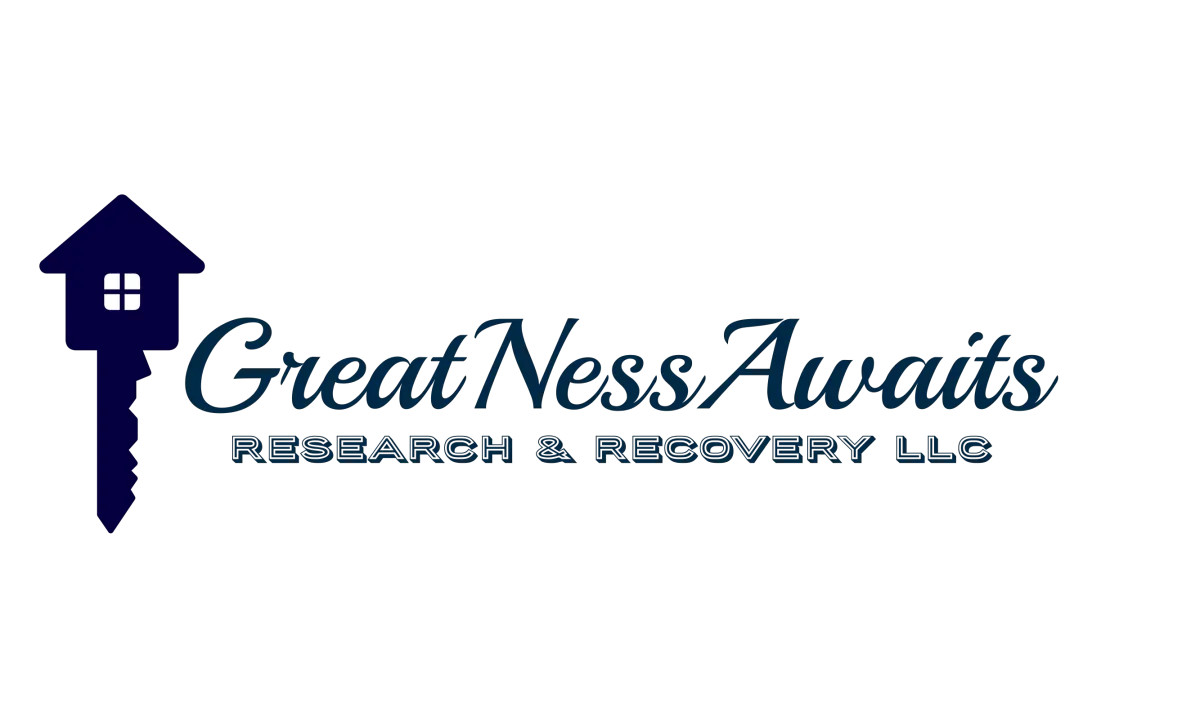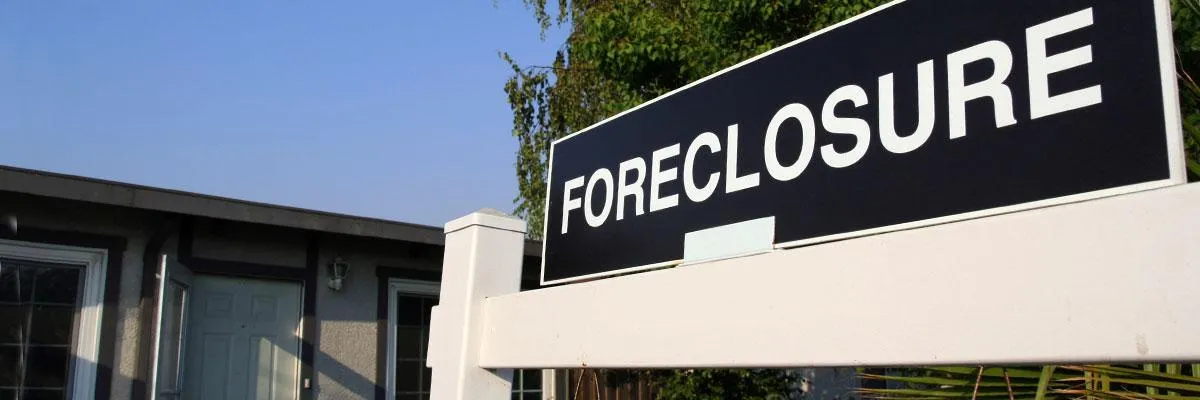We are Committed to Helping you file a successful claim
Do you have unclaimed funds?


How our process works
Our firm is designed to make the recovery of your excess proceeds as simple and straightforward as possible. The process begins when you review the documents we've meticulously gathered from the county records. Once you've had a chance to go over the documents, we offer a free consultation with our experienced attorney who will explain the entire process and answer any questions you might have. Following the consultation, we prepare the claim paperwork which needs to be notarized for authenticity and legality. We'll guide you through this process and ensure all necessary steps are taken. Finally, we file the claim on your behalf. Our dedicated team manages the entire process, leaving you free from the burden of bureaucracy, ensuring that you receive the funds that are rightfully yours.
Receive a notification from us that you're entitled funds
Free consultation with our attorney
Notarize documents and submit to the county
Committed to Helping you file a successful claim
We work directly with the county and charge NO upfront fees

Excess proceeds
At our firm, we specialize in helping homeowners navigate the often complex process of recovering excess proceeds from foreclosure sales. Excess proceeds, or surplus funds, arise when a foreclosed home sells for more than the outstanding balance of the mortgage. This surplus is rightfully the property of the foreclosed homeowner, not the mortgage company or new owner. However, accessing these funds often requires expert knowledge of local laws and meticulous navigation through bureaucratic processes. Our dedicated team works relentlessly to simplify this process and maximize the financial recovery for our clients, ensuring that they obtain every cent they're entitled to after a foreclosure. Trust us to be your advocates in these challenging circumstances and to guide you towards a brighter financial future.

County records
Our firm takes pride in conducting thorough and accurate research to ascertain who is entitled to excess proceeds after foreclosure. We go straight to the source, acquiring court records directly from the county. This data, derived from the most reliable and official records, provides a clear and unambiguous picture of rightful ownership. Our team of legal professionals carefully scrutinizes these documents to establish an ironclad claim for our clients. This meticulous attention to detail, backed by an unwavering commitment to our clients' rights, ensures that the rightful owners receive the funds they are due. Trust us to navigate this intricate process with the utmost precision and integrity.

Reuniting funds
Our core mission is reuniting previous homeowners or their heirs with the funds that are rightfully theirs. We understand that the aftermath of a foreclosure can be a distressing and confusing time, so we strive to alleviate this stress by guiding our clients through the process with clarity and compassion. We do not charge any upfront fees - our aim is to serve as your trustworthy partners, assisting with the filing and retrieval process from start to finish. We work on a contingency basis, which means we only get paid when you successfully recover your funds. Our firm is built on the principles of fairness and integrity, and we're committed to reestablishing financial equilibrium for those affected by foreclosure.
Why Choose Us ?
Our firm is dedicated to providing unparalleled service without the burden of upfront fees. We understand that trust is earned, not given, which is why we operate on a contingency basis, meaning our compensation is tied to the successful recovery of your funds. Not only that, but we offer a lowest rate guarantee, ensuring our services are not only top-tier but also the most cost-effective choice. We have a specialist staff, each a master in their field, working tirelessly to ensure successful claims. Our team's comprehensive knowledge of the legal landscape and their passion for assisting clients combine to create a seamless and successful claim process. Choosing us means choosing dedication, affordability, and success.


We file the claim for you!
We work directly with the county and charge NO upfront fees
NO Upfront cost
Contingency
We do not charge a dime to get the process started
2.5M+
Over 2 Million
We have helped recover over 2 million in excess proceeds
All 50 states
We are everywhere
We operate in all 50 states

